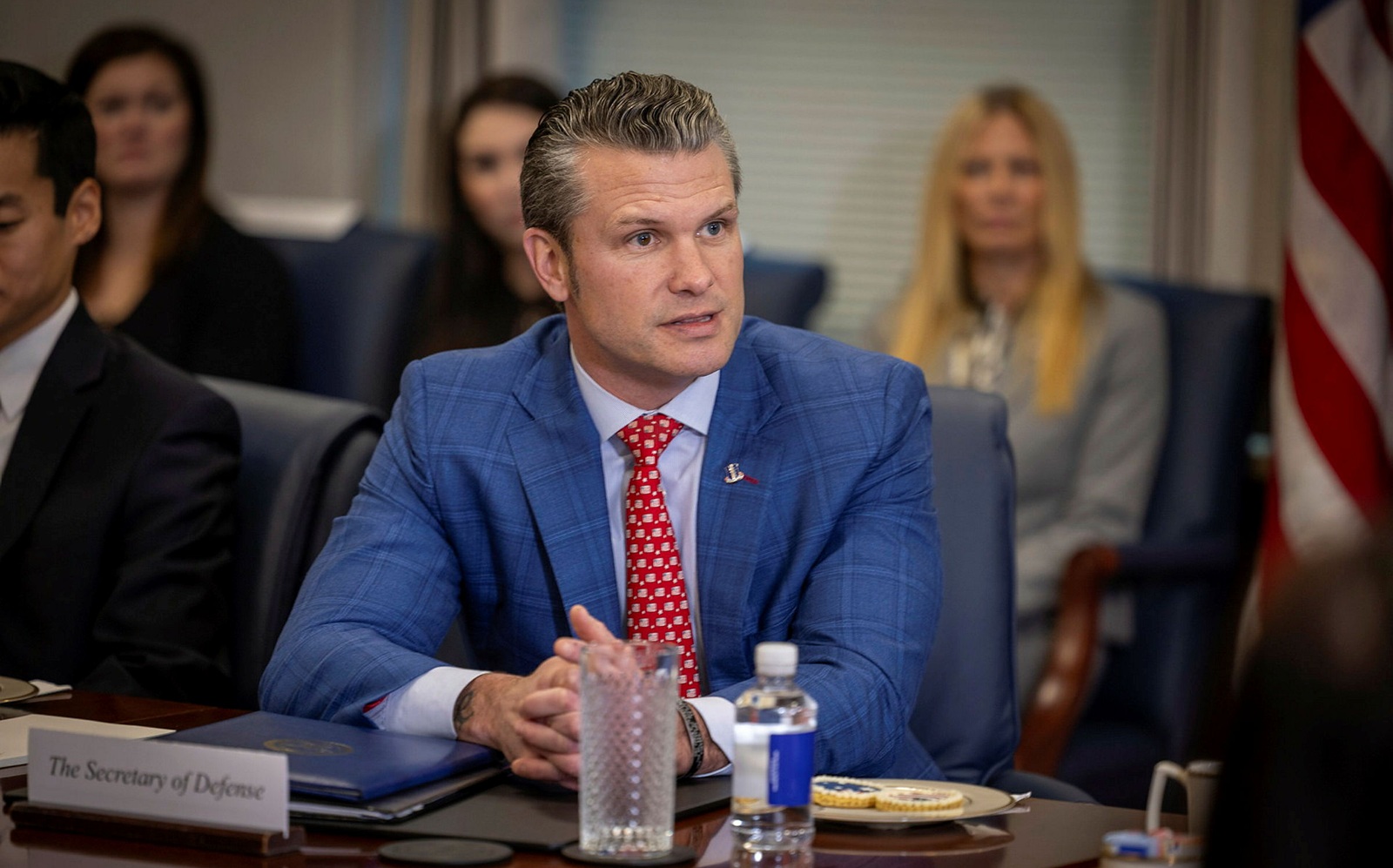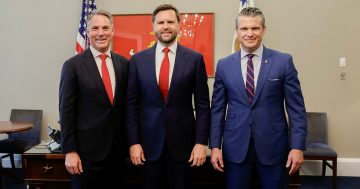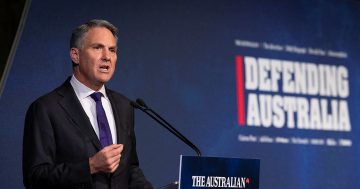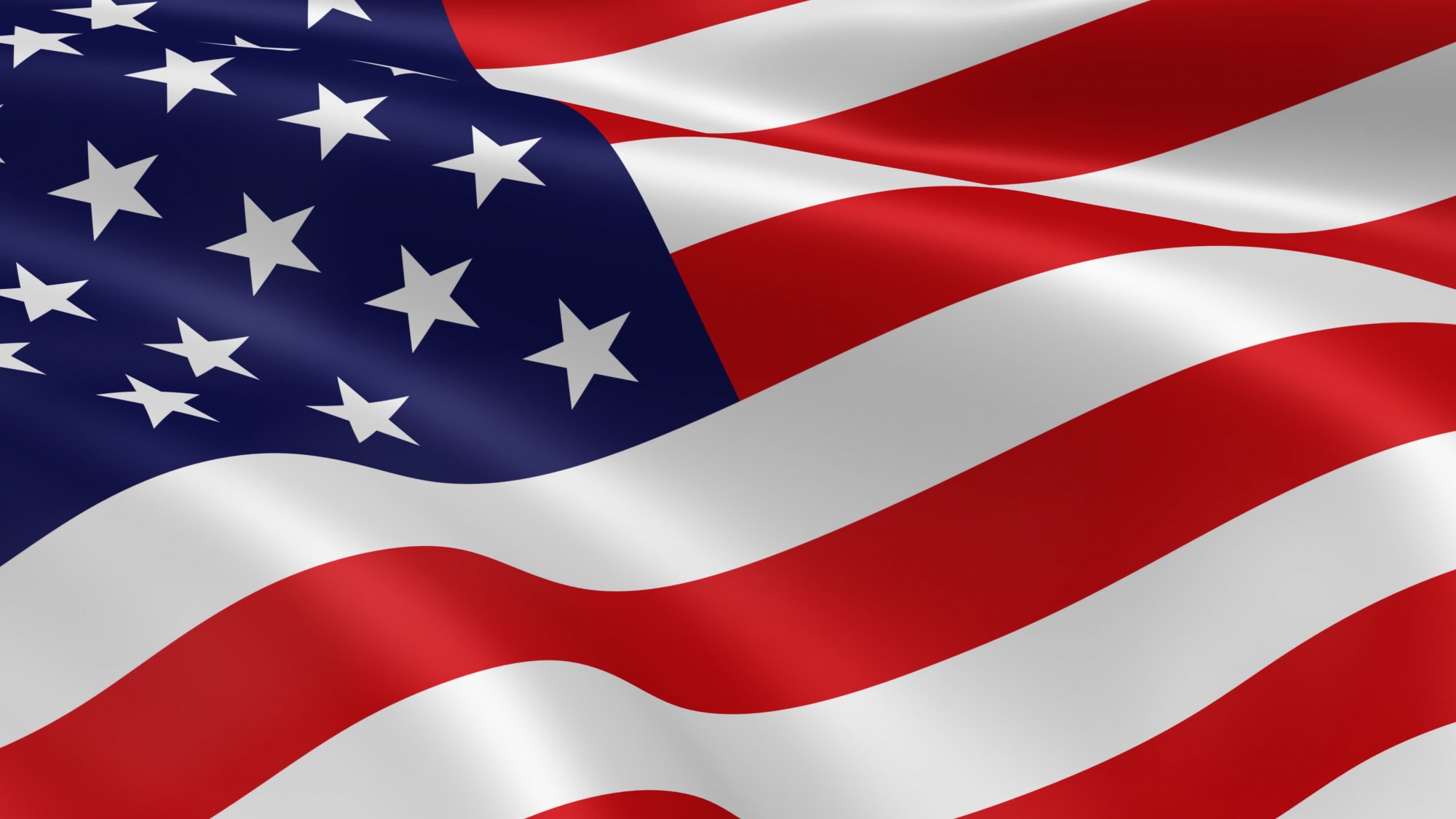
Unlike Australia, US journalists have offices inside the Pentagon and other US military buildings. Photo: Google Maps.
Media organisations covering the US Department of Defense have come together to refuse to sign a pledge to not publish information unapproved by the Pentagon.
The new policy issued by the Trump administration’s Secretary of Defense Pete Hegseth – himself a former FOX News presenter – requires all journalists covering the Pentagon to abide by new restrictions on what areas they can access, who they talk to, and what they can publish without being vetted first.
Media outlets claim the policy contravenes the US Constitution’s First Amendment which protects fundamental rights such as freedom of speech, freedom of expression, freedom of assembly, freedom of religion, and freedom of the press to publish without government censorship.
Journalists are not barred from investigating, reporting or publishing stories on the US military using information deemed sensitive or unclassified, but the new rules state they could be targeted as a “security or safety risk” if they even ask Defense Department personnel for such information.
It says journalists who receive and publish unsolicited classified or sensitive information from government sources are “generally” protected in doing so by the First Amendment.
But it adds that, if they “solicit the disclosure of such information or otherwise encourage [Pentagon] personnel to violate laws and policies concerning the disclosure of such information, such conduct may weigh in the consideration of whether you pose a security or safety risk”.
While the US government has described the new rules as “common sense”, more than 40 members of staff from media organisations covering the Pentagon handed in their access passes to the building and other Department of Defense facilities when the 5 pm Tuesday deadline to agree to the policy passed.
President Trump backed Mr Hegseth’s new policy.
“I think he finds the press to be very disruptive in terms of world peace,” he told media on Tuesday in Washington DC.
“The press is very dishonest.”

US Defense Secretary and former FOX News personality Pete Hegseth. Photo: Rodney Braithwaite via ADF.
In response, leading trade publications including Aviation Week, Breaking Defense, Defense & Aerospace Report, Defense Daily, Defense News, Defense One, Inside Defense, Military Times and USNI News published a joint statement on all of their digital platforms overnight Tuesday saying they will not sign the new policy.
“For decades, the defense trade media has been a trusted source of news and insight about Defense Department programs, budgets and strategy,” they wrote.
“Ethical, accurate and timely reporting makes that possible. The public, industry and indeed the department itself benefit from granting credentialed defense reporters access to unclassified areas in the Pentagon and from the trust engendered by that access.
“The Pentagon has been seeking to impose unprecedented restrictions on journalists’ ability to cover the military for several months,” the statement adds.
“Having restricted where unescorted media may go in the Pentagon – such that even visiting the public affairs offices of the military services now requires an escort – department leaders are asking reporters to sign a document acknowledging a vague new policy that, on its face, appears to contravene the First Amendment.
“This policy threatens to punish reporters who ask legitimate questions in the course of their daily work and to impose material harm on our news organisations for factual reporting.
“Journalists from the undersigned defense trade publications will not sign this new policy. Our newsrooms will continue to cover topics of military, defense and national security fairly and independently.”
General print and online media organisations such as The Washington Post, The New York Times, CNN, The Atlantic, The Guardian, Reuters, the Associated Press, NPR, and the HuffPost all said they would not agree to the new policy.
“The proposed restrictions undercut First Amendment protections by placing unnecessary constraints on gathering and publishing information,” the Washington Post’s executive editor Matt Murray wrote in a social media statement.
“We will continue to vigorously and fairly report on the policies and positions of the Pentagon and officials across the government.”
Even electronic media organisations including CNN, NBC, ABC, CBS, and the usually Trump-friendly FOX News and Newsmax have refused to follow the policy, with only the ultra-conservative One America News Network signing on.
“We join virtually every other news organisation in declining to agree to the Pentagon’s new requirements, which would restrict journalists’ ability to keep the nation and the world informed of important national security issues,” they said in a joint statement.
“The policy is without precedent and threatens core journalistic protections. We will continue to cover the US military as each of our organisations has done for many decades, upholding the principles of a free and independent press.”











